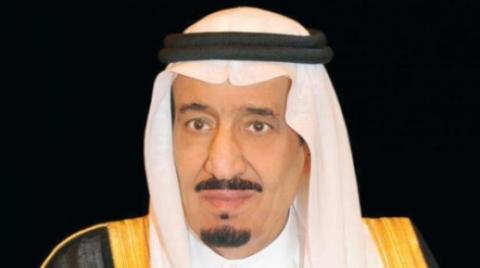
The military in Sudan is one of the most important elements in the political equation — not only because it now runs the country after the recent revolution, but also because it occupies a large portion of Sudan’s collective memory, whether negatively or positively.
The Sudanese Army has had a decisive part in many of the difficult situations the state has faced in the past. The military has played a patriotic role in protecting Sudan and its unity, and its stance was very clear in achieving the country’s goal of overthrowing former President Omar Al-Bashir.
Sudanese soldiers are known for their ferocity, patience and endurance during battles. This was seen during the war with South Sudan and the Second World War. In addition, about 250 Sudanese troops were sent to fight in the 1948 Palestine war. In the 1973 Arab-Israeli war, Sudan sent an infantry brigade to Egypt’s Sinai Peninsula. Outside the battlefield, the leaders of the Sudanese Army have been wise and diligent, and have always put their country first.
The basis of the modern Sudanese Army was established in 1954, but the country was under British occupation at the time. When Sudan won its independence in 1956, a new national army was formed, starting with the infantry and then the navy and air force.
Since Sudan’s independence, the army has never left the political scene. It came to power four times, firstly on Nov. 17, 1958, led by Gen. Ibrahim Abboud. The second time was on May 25, 1969, led by Jaafar Nimeiri, whose rule continued for 16 years. On April 6, 1985, the then-defense minister, Field Marshal Abdel Rahman Suwar Al-Dahab, was tasked with chairing an interim military council to rule Sudan following an uprising that ousted Nimeiri.
The fourth time was on June 30, 1989, when Al-Bashir led a coup that overthrew the democratic era. He continued to rule until April 11, 2019, when a revolution threw him out with the army’s support. Military leader Abdel Fattah Burhan currently leads the country as head of the transitional military council.
One of the most positive and important episodes in the life of the Sudanese people is the experience of Al-Dahab’s rule. His name not only resonated in protests and sit-ins, but was also mentioned by the leaders of the junta in a letter to reassure opposition forces skeptical of the junta’s intentions to seize power.
Al-Dahab took power after an uprising against Nimeiri. He gave a unique lesson in democracy when he led Sudan for one year as head of the transitional government after Nimeiri was overthrown. He then held a general election in 1986, won by Prime Minister Sadig Al-Mahdi, who was overthrown by Al-Bashir’s military coup in 1989.After that, Al-Dahab announced his retirement from politics and became secretary-general of the board of trustees of the Islamic Call Organization. He died in Riyadh in October 2018 at the age of 83, and the curtain closed on a positive experience that continues to be remembered by the Sudanese people, during which a member of the military led the country to safety and democracy.
Another period that the Sudanese remember is the way Al-Bashir came to power. This period began on June 30, 1989, when national TV announced that a few army officers, led by Al-Bashir, had taken power. The situation was not clear at first, and observers could not confirm the coup.
Al-Bashir’s government carried out a number of largescale arrests. Among those arrested was the leader of the National Islamic Front (NIF) in Sudan, Hassan Al-Turabi, who later said he was the coup’s mastermind.
The experience of Al-Bashir’s rule is rejected by the Sudanese people today because his first government gradually revealed its radical Islamist identity, and its leaders’ statements confirmed this identity and its affiliation with the Muslim Brotherhood in Sudan. Al-Bashir remained in office for 30 years, during which time political life was dramatically altered until the moment came to overthrow him.
The hand that sometimes rules, intervenes wisely and preserves the country’s political unity is matched by another hand that continues to arm itself with all that is modern to defend the homeland’s territory. The Sudanese Army consists of military teams, brigades and departments distributed throughout the country.
The Karary University of Military Technology in Wadi Seidna, north of the city of Omdurman, is responsible for educating and training Sudanese students, and has a good military reputation. The Sudanese Army also includes specialized military colleges and institutes. It produces a number of weapons, including ammunition and cannons, through the Military Industry Corp.
According to the latest figures from the Global Firepower index, which provides data on the world’s military powers, the Sudanese Army ranks 69th, but it is also one of the strongest and largest armies in the Horn of Africa. It has 100,000-150,000 soldiers, supported by the Popular Defense Forces, which includes about 150,000 recruits. The army has a large number and variety of fighter jets, a large number of tanks, and PTR-50 armored vehicles.
This great military force faces a future full of major challenges, which the majority of the Sudanese people trust it can overcome.












